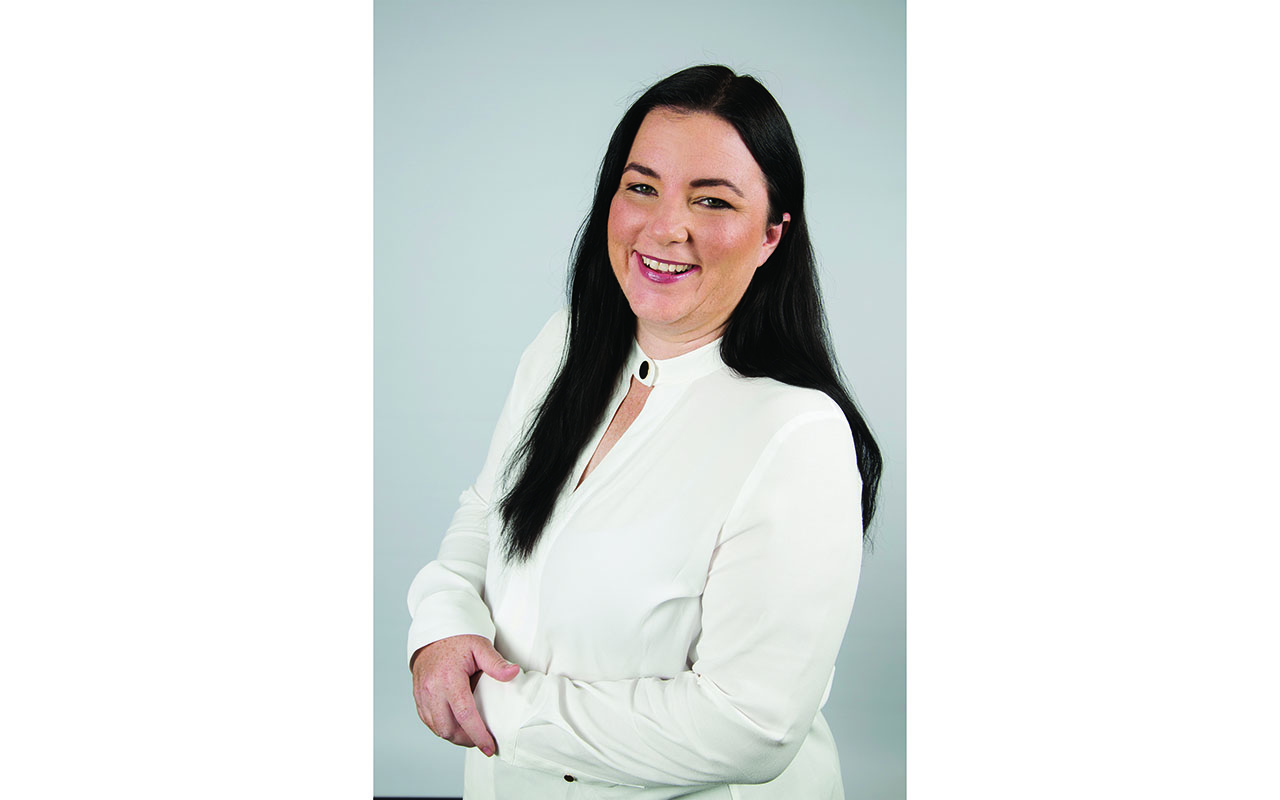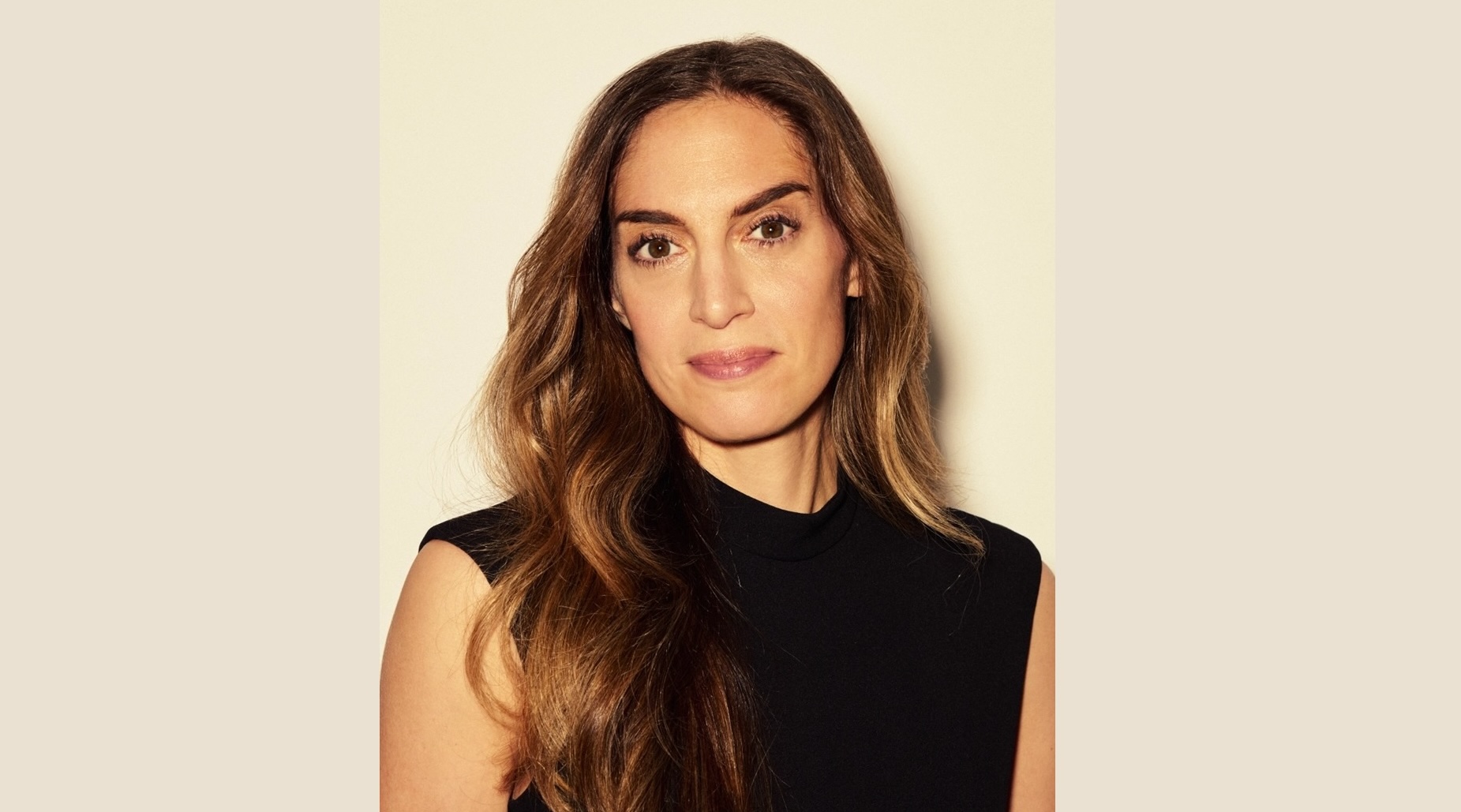News - News In Brief
OMG’s Celia Collins shares optimistic view of OOH in Africa but warns of challenges ahead
February 4, 2022
.jpg) Advertisement
AdvertisementOMG General Manager Celia Collins highlighted opportunities and problems in African OOH in a wide ranging interview with WOO President Tom Goddard, which opened this week’s virtual Africa Forum. Collins said OOH had “stayed strong” during the pandemic and she expects revenues to be back to 2019 levels this year.
The larger more populated countries such as South Africa, Nigeria and Kenya, which had lockdowns, were hit harder than many others which only imposed curfews, she said.
While there is increasing investment in both West and East Africa, notably Nigeria, Ghana, Kenya Tanzania Mozambique and Zambia, national governments have been tightening controls on the medium in terms of location and appearance of billboards, which in some cases have led to as much as 300 per cent rises in council tax.
Multiple market campaigns are also increasing, reaching 70 per cent of the total in some regions, and Collins expects that to reach 90 per cent in the next few years.
As with other areas of the world, audience measurement, or the lack of it, is a major problem, with advertisers cuttting their research budgets during the pandemic. “In fact our audience research capability was much stronger five to ten years ago, and I estimate that last year only three out of 21 countries had credible audience research.
“ Here in South Africa we’re starting to beat that drum. We’re going to get about half a dozen advertisers to invest in research across their key markets and show the rest of the market how it can be done. It doesn’t have to cost a fortune, and it will encourage global companies to invest more in their OOH marketing budgets.”
Greater measurement will also help OOH provide a digital capability for clients, said Collins. There have been massive increases in digital boards especially in the south, east and west, and more money going into programmatic. “Africa is an outdoor continent and we’re all an OOH group of people, so if we are able to quantify our audiences like Google and Facebook do, we’ll see a lot more spend coming back to OOH and the medium becoming more relevant to advertisers in the future.”
Collins also called on the specialist OOH agencies to invest more in becoming “data fundees and data miners.
They need to provide OOH data and compare it with other media and so enable our clients to make better site selection and reach the most relevant audiences.”
Media owner fragmentation has also risen, with new players, many of them local, entering the medium and unfortunately sometimes putting up lower quality sites. “We will see more consolidation, it’s happening already in Zambia and Mozambique, but until governments take more control of where sites are located and how they look, we will still get fragmentation. There’s a long way to go.”



.jpg)









